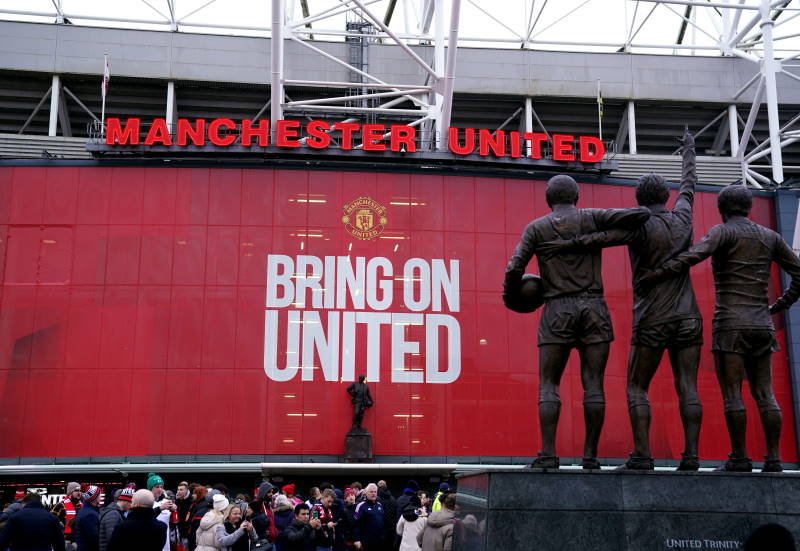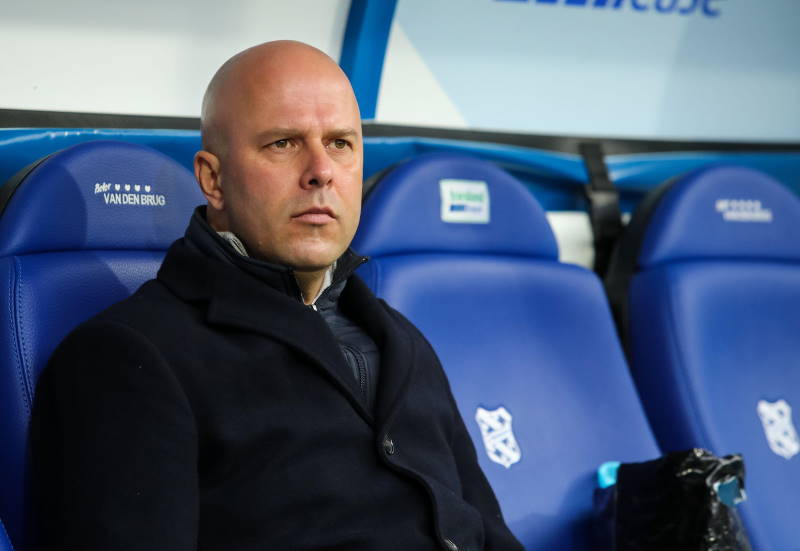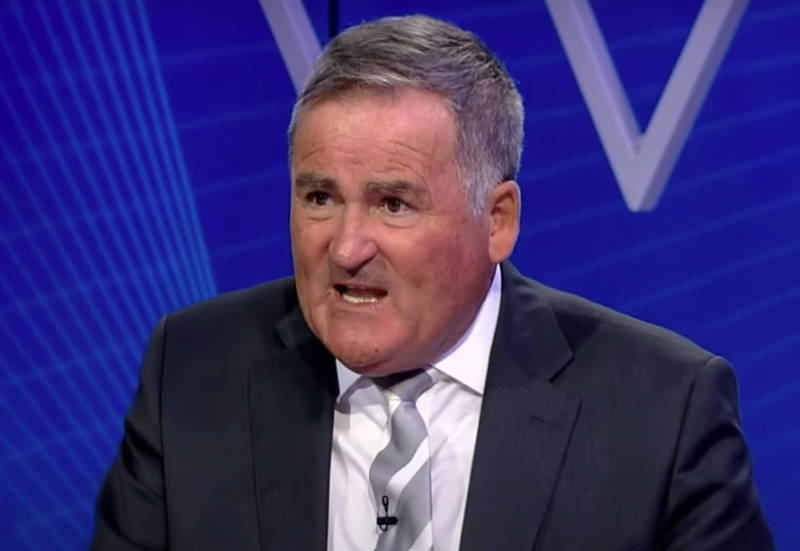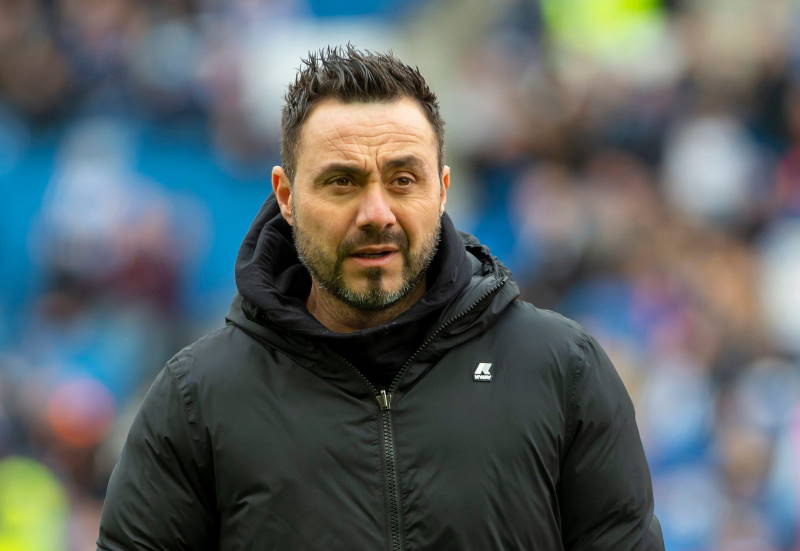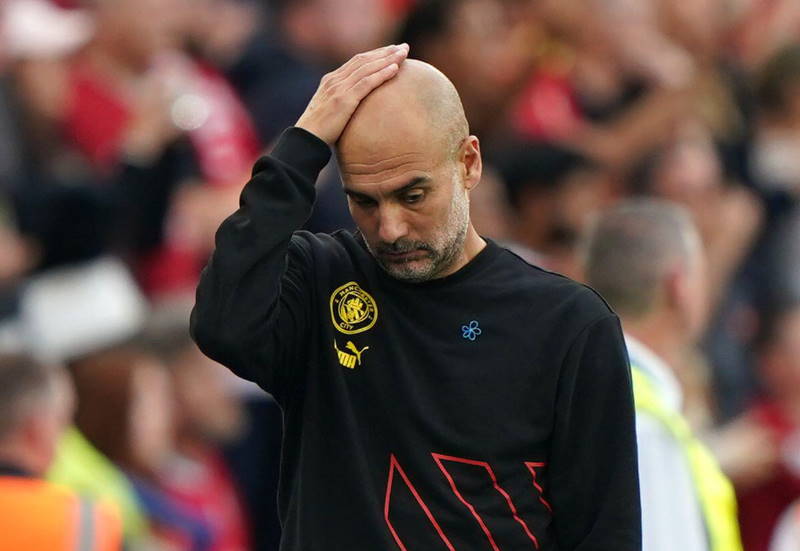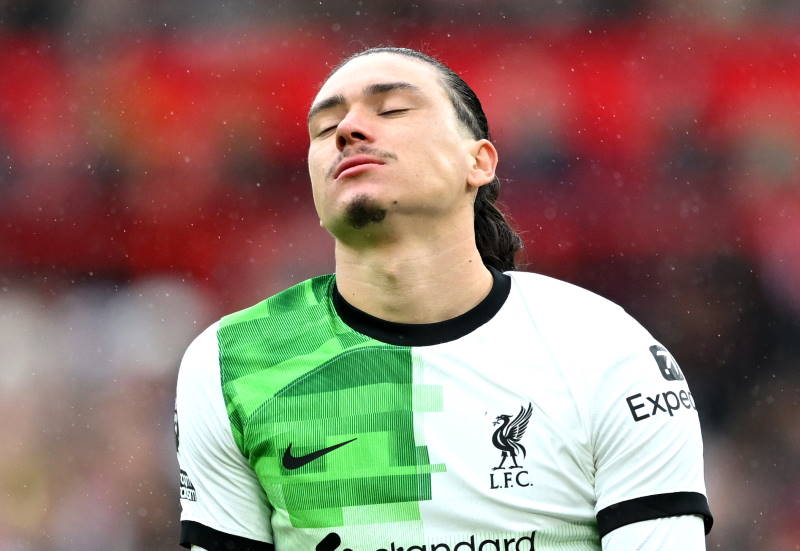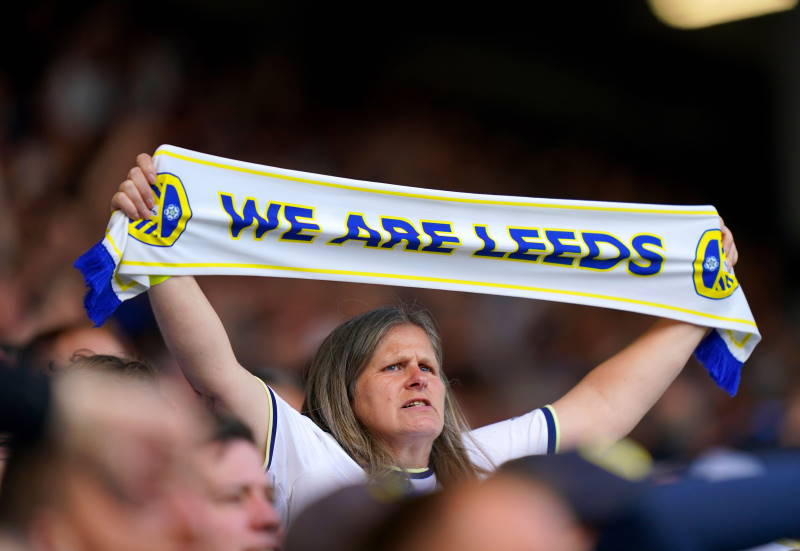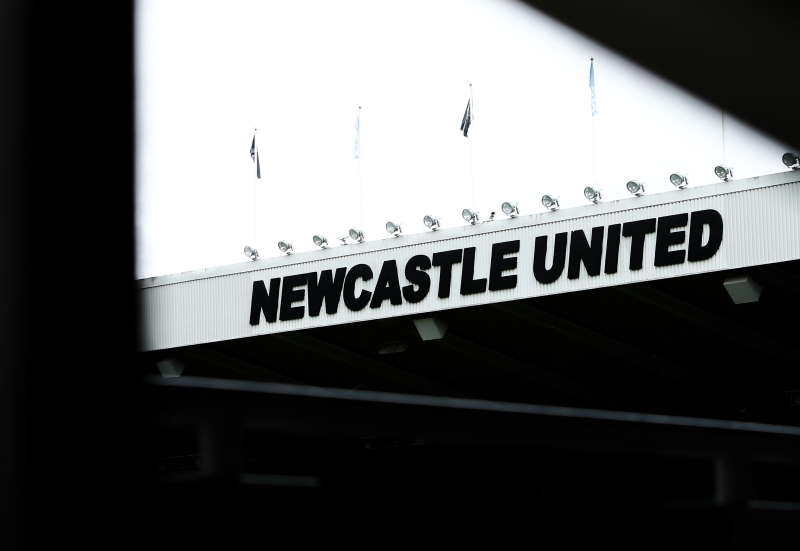
Iain Russell*
For most young boys there seems like no better job than that of a professional footballer. Summer nights are spent kicking a ball around the local park, aspiring to reach the sporting heights of their heroes. Whether it is scoring the winning goal, or lifting the cup, or playing in the Camp Nou, the dreams of youth are certainly appealing.
Rather than waking up in the morning and rushing out of the door while still attempting to put on a tie, or worrying about meetings and deadlines, the footballer will attend training, playing the game he loves before going home in the afternoon for a rest. Indeed, the life of a footballer seems blessed and far removed from that of the average working man.
However, a footballer's playing days are short and those that follow long. So what happens when it is time to hang up the boots? What is life like after football?
Professional football clubs pluck boys straight from school at the age of 16 and offer them the dream of a full time contract, and the chance to be paid for playing football is too good an opportunity to turn down.
These youngsters will be living the dream and although they will have small jobs within the club to fulfil, like cleaning boots or pumping up balls before training, the majority of their time will be spent out on the training pitch, perfecting their craft.
Across Britain most clubs will look after their players immensely well, leaving them with little to do for themselves. Breakfast will be available for them when they arrive at the training ground, kit will be laid out and new trainers and boots will be at their disposal. This is all players will know for up to 16 years; it is a privileged life.
For some lucky stars the game will bring fame and fortune, but for thousands of others it will leave them out in the real world with no qualifications.
Aside from the millionaire stars of the Premier League, most footballers will have to work again to provide financial security for their families and loved ones. While natural progression suggests players will turn to coaching and managing, there are not enough jobs to go around.
There are many former players who have gone on to become very successful after calling time on their pitch career. Sir Alex Ferguson is arguably the most decorated manager of all time and went into the management side of football after a career playing with Rangers. Other high profile British players that have also become managers include Steve Bruce, Mark Hughes and Kevin Keegan. Also just entering the management world are Josep Guardiola, Gianfranco Zola and new Celtic boss Neil Lennon.
A lot of these have enjoyed success in their playing days. Although before stepping into management or other roles within the game where there is a high element of risk these players already have riches behind them from their playing career.
But what happens to majority of the other players across the country when the full time whistle blows on their career?
Despite headline grabbing transfer news, not that many are earning the jaw dropping salaries that will set them up for long after the days their name stops appearing on the team sheet.
Football clubs are great working environments, changing rooms are full of banter and there is no better feeling than the buzz of a match day. This seems a million miles away from a quiet working office or a lonely night shift job.
This huge change of scenery is something many players have to become accustomed to. One such star is Ruel Fox. Not long ago Fox was scoring goals in the Premiership for clubs such as Norwich City, Spurs and Newcastle. He became a winger to be feared in the English top flight and at his peak commanded a £4.25M transfer fee, moving from Newcastle to Spurs in 1995.
However, Fox can now be found in his local gym in Ipswich as a personal trainer.
This is a far cry from playing at packed stadiums such as Old Trafford or Anfield.
Having to make that sort of switch can be a daunting prospect, which can all too often lead to players struggling to cope with the change.
There has been an anti–learning culture within the game for too long now, but there is a lot more help available for players to make a life for themselves once the crowd goes silent and the last ball has been kicked.
New schemes across Britain encourage players to plan for their future and in England the Professional Footballers Association (PFA) are keen to make sure their members prepare properly for retirement.
Talented on loan Leeds defender Neill Collins is well aware of this and the many courses available for players such as coaching roles, sports journalism opportunities and trades such as plumbing or brick laying. “The life of a pro footballer is fantastic” said Collins, “but a second career and security for the future is a must”.
PFA Scotland has become more prominent within the game in recent years and has cited the education and training of members as one of its priorities. Regular visits to clubs around the country by key figures from the organisation have helped promote opportunities for all age groups within the professional game.
An example to be pointed to is certainly St Johnstone’s hit-man Kenny Deuchar, or as TV presenter Jeff Stelling of Sky Sports Soccer Saturday would call him 'the Good Doctor', to see success outside of football. Deuchar has combined playing with training and is now qualified as a doctor and is continuing to practice this in his spare time.
A career in professional football can be so rewarding. I personally have enjoyed many highs within the game but I like so many other players have to think of the future.
During a spell in my career I completed three years at university. I now have an unclassified degree in quantity surveying. I spent time working in an office and a lot of hours in the library. Working and studying was a million miles away from the laughs and games on the training pitch, but I understand that I must do something to fill the void when the game finishes with me. It is a lesson all players must learn.
*Iain Russell is a striker for Scottish First Division side Greenock Morton
Related Articles:
- – Scottish Football Must Look Again at Winter Shutdown
- – Scottish Premier League Must Lead the Way in Restructuring
- – Grassroots Football in Scotland Report: St. Mirren YFC


